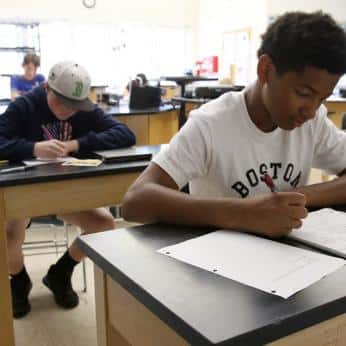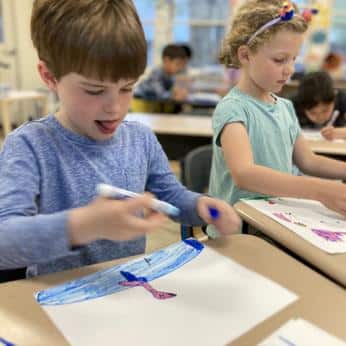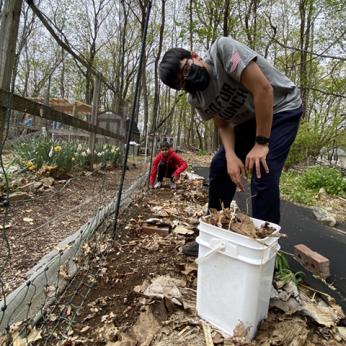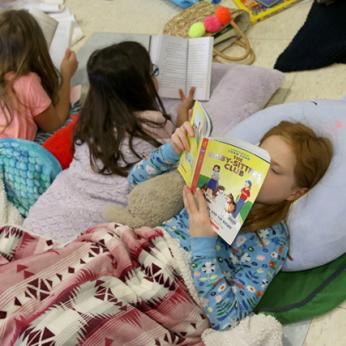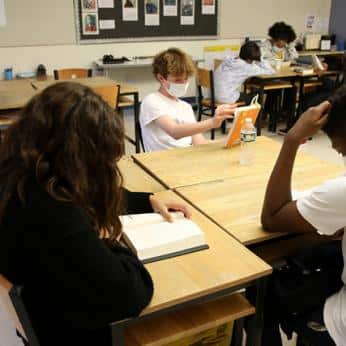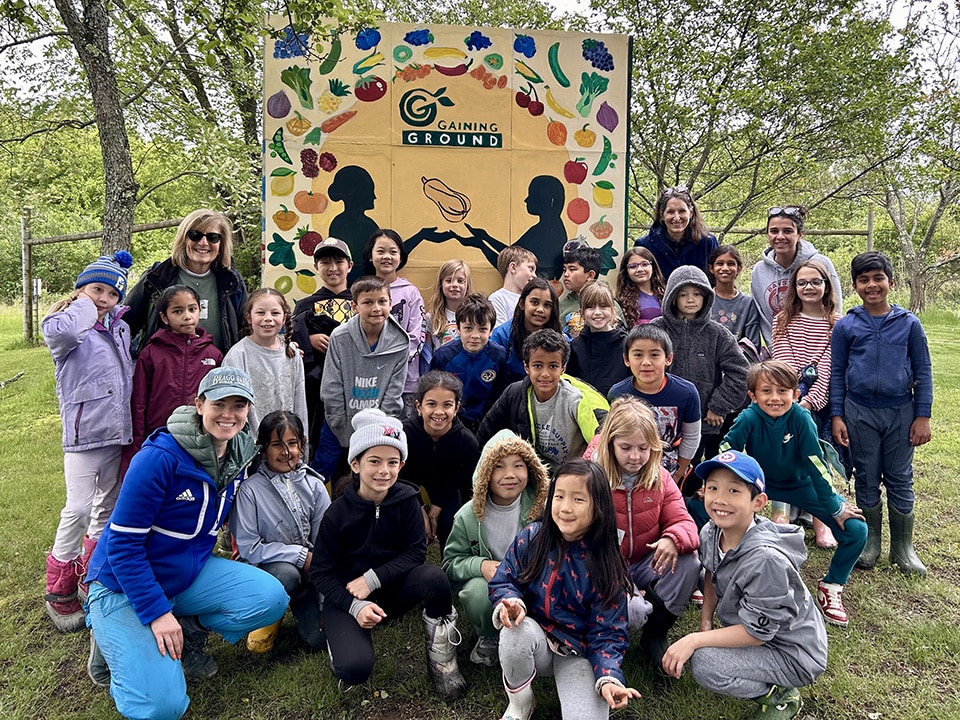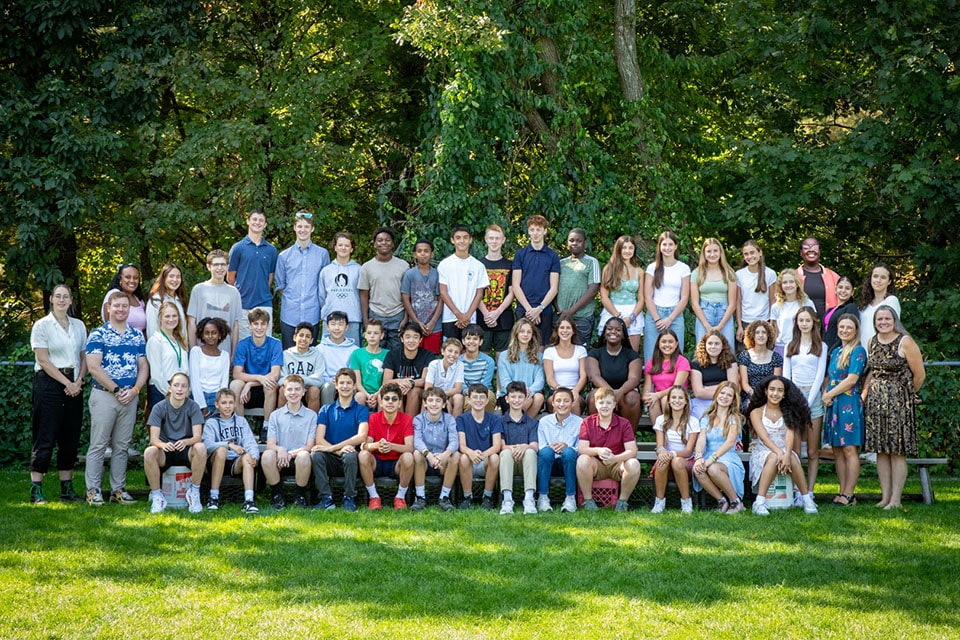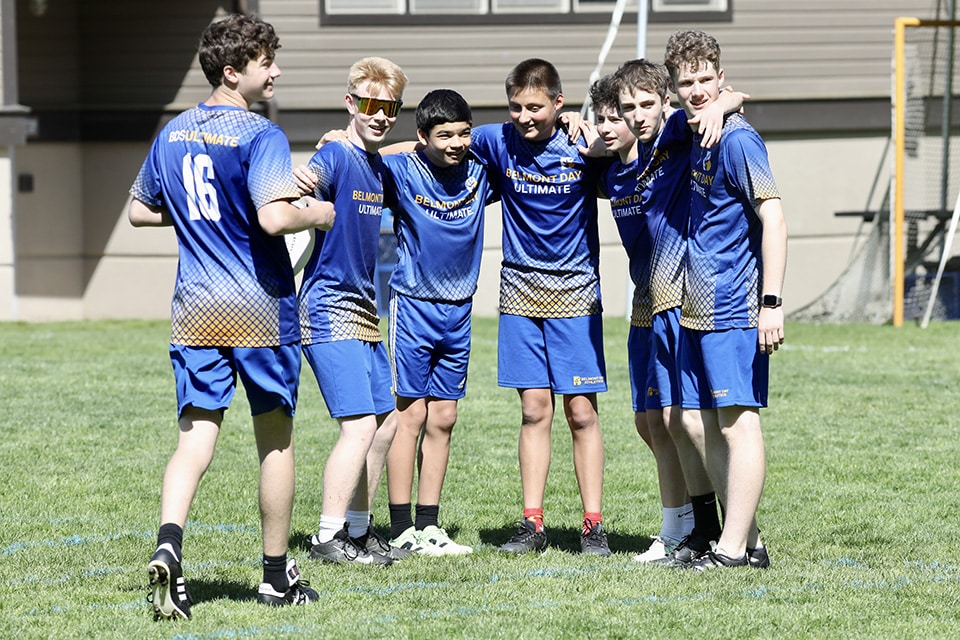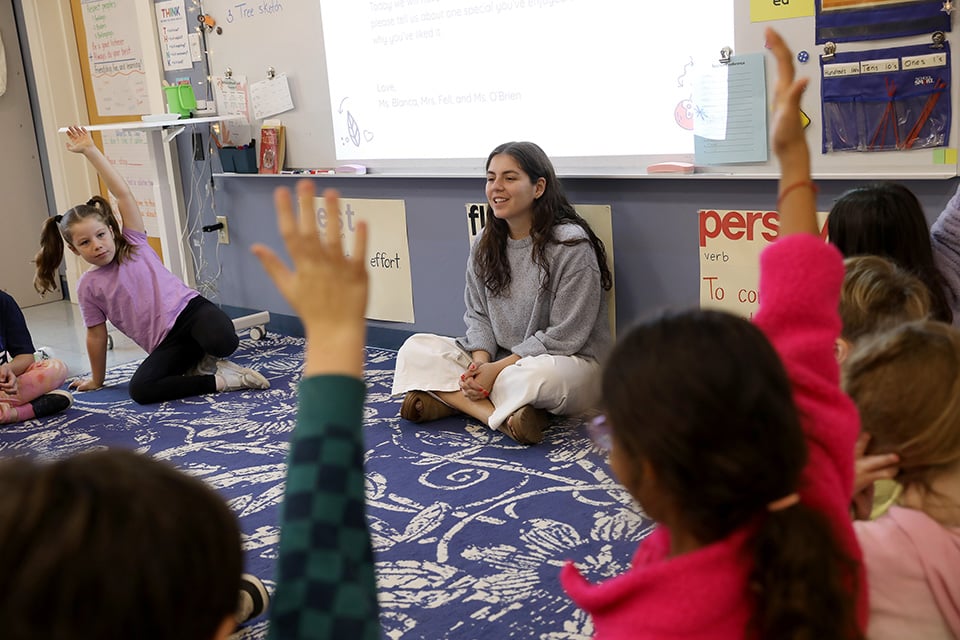Middle School Researches and Reads More Diverse Books
In these final five weeks of school, middle school students are embarking on an independent reading challenge—to seek out and read books with characters, settings, plot points, or themes that we don’t frequently or typically see represented in books. The eighth grade collaboratively developed a list of what to look for, and the display in the Schoolhouse gallery shows many of these different categories.
The goal is to diversify our reading, expand our thinking, and recognize but not reinforce stereotypes. Another goal is to read more, seek different perspectives, and work to dismantle stereotypes.
For example, you may see the category “a book about immigrants,” which is a fairly broad category. There are many books that feature immigrant characters that you may enjoy!
The “bonus” is an additional challenge: “Bonus if the book does not center around their struggles.” We hope you will join the middle school in our goal to seek out new reading experiences this spring!
– Elisabeth Klock, middle school English teacher
Second Grade Fights Hunger One Page at a Time
This year, the second grade has been exploring what it means to be a changemaker. Now, students are putting what they learned into action with the Read for Seeds fundraiser for Gaining Ground. Gaining Ground is a local farm that provides organic produce for those facing food insecurity in the Boston metro area and Eastern Massachusetts. To help volunteers at Gaining Ground continue their important work, our second grade changemakers dedicated two weeks to raising money for seeds to be planted. Each student collected pledges from family and friends for each page or book they read during this two-week event. To celebrate the end of Read for Seeds, students cozied up with their favorite books, blankets, and stuffed animals on Thursday for a morning-long read-a-thon. Stay tuned to find out how many seeds the Belmont Day second graders will donate this year!
– Nancy Fell, Katie O’Brien, and Heather Oliver, the second grade team
Celebrando la Primavera
Seventh grade Spanish students worked hard to finish the unit related to food, and now they are celebrating the arrival of spring. For the next two weeks, they will be learning outside the classroom. This week, with the collaboration of Ms. Solomon, they worked in the vegetable garden—planting seeds, labeling the garden rows in Spanish, clearing space for the vines to grow, and fertilizing and watering the plants. When they finish working in the garden, the students will then write about their experience in Spanish as part of the spring notebook which will include recipes using the food from the BDS garden, and an investigation of pollination, flowers, bees, birds, and other insects. This is a fantastic opportunity to review content learned and applied outside the classroom.
– Ana Maria Restrepo, Spanish teacher
First Grade Explores Its Poetic Side
With April being National Poetry Month, first graders embarked on a creative journey to become poets! First graders discussed “what is poetry?”, what poetry means, and different types of poetry. First grade poets learned about and wrote their own acrostic poems, cinquain poems, sensory poems, and free verse poems. They excitedly shared some of their work during April 29 sharing assembly, and are turning their collection of poems into a finished poetry book of their own!
– Geoffrey Fox, first grade teacher
Seventh Grade Science Gets to the Root of a Changing Newt
In seventh grade science, students have been investigating why a particular population of rough-skinned newts has become more poisonous over time. Students discovered that, in populations, different individuals have different traits, and that the distribution of these traits can change over time. By analyzing evidence and engaging in argumentation, students concluded that the newt population became more poisonous because of a change in the environment: the presence of snakes. This caused high poison levels to become an adaptive trait. In the coming weeks, we will continue to explore natural selection and evolution in other populations.
– Leal Carter, middle school science teacher
